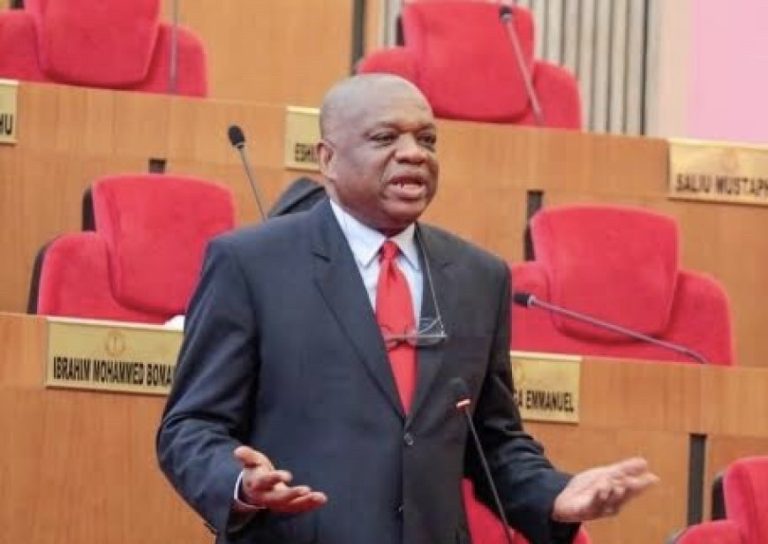The apex Igbo sociocultural organisation, Ohanaeze Ndigbo, has raised the alarm over the recent Court of Appeal order granting the Economic and Financial Crimes Commission (EFCC) the latitude to challenge a Federal High Court’s decision that had previously barred the prosecution of former Abia State Governor and senator, representing Abia North, Orji Uzor Kalu, over allegations of N7.1 billion fraud.
A statement, yesterday, by the Deputy President General of Ohanaeze Ndigbo, Mazi Okechukwu Isiguzoro, described the move as one of the grand designs to scare the Igbo politicians away from aspiring to the positions of the presidency, senate presidency and speakership of the House of Representatives or any other high political office in the land.
Decrying the move, which he described as political persecution targeted at the Igbo politicians, he emphasised that the development was equally suggestive of underlying motives that transcend mere judicial deliberation.
The statement read: “Ohanaeze Ndigbo asserts that the spectre of political persecution against Igbo leaders remains a deeply entrenched reality. While we maintain a steadfast position against corruption, categorically supporting the EFCC in its mandate to prosecute any public officials, past or present, on corruption allegations, our concern primarily rests on the discernible pattern of selective prosecution targeting prominent Igbo politicians, especially as electoral cycles approach.
“It is alarming that anti-graft agencies like the EFCC and the Independent Corrupt Practices Commission (ICPC) are perceived as instruments employed to marginalise the Igbo politicians from aspirational roles within the highest echelons of Nigerian governance, namely the presidency, senate presidency, and speakership of the Federal House of Representatives.
“Ohanaeze Ndigbo holds an unwavering commitment to a zero-tolerance stance on corruption. However, we cannot ignore the conspicuous disparities in prosecution levels across different regions. Why is it that former governors from Kano, Kaduna, Ogun, Kogi, Sokoto, Akwa Ibom, Delta and other states seemingly evade similar scrutiny despite compelling evidence of misconduct? The continuous and overt targeting of the Igbo leaders underscores a troubling reality; selective prosecution itself constitutes a form of corruption.
“We firmly believe that there is palpable unease within the Igbo community regarding the renewed proceedings against Senator Orji Uzor Kalu. The clear intention appears to be a systematic effort to displace him from his position in the Senate and possibly imprison him prior to the 2027 elections.
“Senator Kalu has consistently stated his intention not to vie for the presidency in 2027, further endorsing the re-election of President Bola Tinubu. The Igbo are troubled by this development, particularly as Senator Kalu stands as a cornerstone of the South East representation in the Senate, distinguished for his commitment to delivering on electoral promises, prioritising the interests of the Igbo people above personal ambition.
“In light of these concerns, we call upon the EFCC to adhere strictly to due process in executing its constitutional duties, while remaining steadfastly committed to the principles of the rule of law.
“Furthermore, we urge President Tinubu to consider that a precondition for sustained support for his government beyond 2027 must involve a reassessment of the ongoing cases against the Igbo politicians, especially those concerning Senator Kalu.
“In conclusion, the Igbo people stand united in demanding transparency, equity and accountability in our political landscape. We will not remain passive observers, while systemic injustices unfold to silence our leaders. The time has come for a recalibration of our collective approach to governance, one that upholds the dignity of all citizens, irrespective of ethnic or regional affiliations, reinforcing our shared commitment to a just and equitable Nigeria.”
